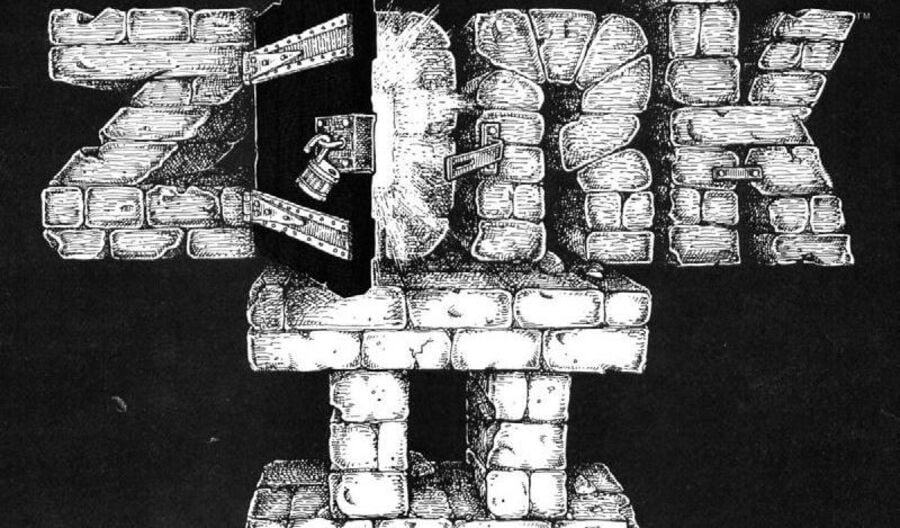
Infocom's original Zork trilogy is now open-source under an MIT license, thanks to the combined efforts of Microsoft’s Open Source Programs Office (OSPO), Xbox, and Activision (h/t: The Verge).
The three classic text adventures — which Microsoft OSPO director Stacey Haffner and the Microsoft vice president of developer community Scott Hanselman referred to in the announcement as "a cornerstone of gaming history" — were originally released between 1980 to 1982 for various home computers (such as the TRS-80 CoCo and Apple II), and have their roots in an earlier game that was developed between 1977 and 1979 at the Massachusetts Institute of Technology for a PDP-10 mainframe computer.
This original version was created by a group of individuals, including Tim Anderson, Marc Blank, Bruce Daniels, and Dave Lebling, with three of its four creators later going on to help form the influential adventure game company, Infocom, in 1979.
The latter version, on the other hand, was the work of Dave Lebling and Marc Blank, and was written in a new language called ZIL (Zork Implementation Language), which was designed so that games could be easily ported to different home computers with the help of a "Z-Code interpreter" rather than having to write everything again from scratch whenever they wanted to target a new machine.
The source code for all three games has been preserved for a while, thanks to the internet archivist Jason Scott, but according to the terms of the MIT license, people may now "use, copy, modify, merge, publish, distribute, sublicense, and/or sell copies of the Software" as long as they include the correct copyright notice and this permission notice included. The repositories for all three games are available below, and include the source code and "accompanying documentation where available, such as build notes, comments, and historically relevant files":
In particular, this initiative seems to be targeted at helping educators first and foremost, with Haffner and Hanselman stating the goal of this license change is "to place historically important code in the hands of students, teachers, and developers so they can study it, learn from it, and, perhaps most importantly, play it."
This does not include "commercial packaging or marketing materials" associated with the titles, and "it also does not grant rights to any trademarks or brands, which remain with their respective owners."
